
[Following is my entry in the January, 2007 installment of Blogging for Books, Jay Allen’s venerable competition at The Zero Boss. This month, B4B changes over to a new format, one which more properly might be called Blogging for Bucks. Regardless, I haven’t participated in quite some time...and since this month’s topic is Time, I couldn’t resist.]
The Time Traveller began his story, sitting back in his chair at first, and speaking wearily. Afterwards he got more animated. In writing it down I feel with only too much keenness the inadequacy of pen and ink - and, above all, my own inadequacy - to express its quality. You read, I will suppose, attentively enough; but you cannot see the speaker’s white, sincere face in the bright circle of the little lamp, nor hear the intonation of his voice. You cannot know how his expression followed the turns of his story! At first we glanced now and again at each other. After a time we ceased to do that, and looked only at the Time Traveller’s face.
“I told some of you last Thursday of the principles of the Time Machine, and showed you the actual thing itself, incomplete in the workshop. There it is now, a little travel-worn; one of the ivory bars is cracked and a rail bent, but it’s sound enough.
“It was at ten o’ cluck today that the first of all Time Machines began its career. I gave it a last tap, put a dab of goose grease on the quartz rod, and sat in the saddle. I suppose someone facing a hunter’s shotgun feels much the same fear and wonder about what is to happen next as I felt then. I pressed the starting lever and almost immediately the stopping lever; I felt a sensation of flying; and, looking round, I saw the laboratory almost exactly as before. Had anything happened? Then I noticed the cluck. A moment before, it had stood at a minute past ten; now it was nearly half past three!
“I drew a breath, grasped the starting lever, and went off with a thud. The laboratory got hazy and went dark. Huey and Dewey came in and waddled, apparently without seeing me, towards the pond. I suppose it must have taken them a minute or so to traverse the room, but to me they seemed to shoot across like an eagle in flight.
“As I gained speed, night followed day like the flapping of a wing. The dim walls of the laboratory fell away; I suppose the house must have been destroyed. The sun leaped across the sky every few seconds, each passage marking a day; eventually, as I gained pace, it became a band of fire that swayed from solstice to solstice, marking the passage of the years.
“The landscape grew misty and vague, the surface of the earth melting and flowing before my eyes. Eventually my thoughts came round to the idea of stopping. I pulled the stop lever over - a little too fast, it turns out, and found myself next to an overturned machine in the year 802,701.
“Almost immediately, I was surrounded by a crowd of what I took at first to be ducklings. They were small and delicate in appearance and spoke in a soft, liquid tongue, quacking gently as they probed me and my machine with inquisitive feathers. After extended bouts of pantomime (for which my education at the Colorado School of Mimes more than adequately prepared me!), we were able to make ourselves mutually understood.
“They called themselves the Muscoveloi, and their diminutive size was, as I discovered, natural to their species. As I spent more and more time with them, I saw that they lived lives of careless indolence, their every need provided for by some mysterious agency. Crusts of bread appeared on the surface of the pond as they swam, insects and fish were plentiful. None of them appeared to be starving; in fact, I observed that, among them, none appeared to be elderly. I also saw no evidence of sickness or disease - no avian influenza - during the entire time I spent among them.
“As I spent more time exploring this world of the far future, I became aware of the presence of strange shafts - mineshafts? I wondered - that led to some sort of subterranean structure. These I resolved to explore.
“It was at the bottom of one of these shafts that I made a grim discovery. The Muscoveloi were not alone in this world; beneath them lived another race of waterfowl, a race that had become thoroughly adapted to life in a nearly sunless environment. Their feathers were a pallid white, their eyes huge and pink, no doubt extremely sensitive to the low levels of light in their underground home. I could not understand their language; however, later, one of the Muscoveloi explained that these creatures were known as Mallardlocks.
“The Muscoveloi, I saw, were alternately disgusted and horrified by the Mallardlocks. To attempt to talk of them was akin to telling a filthy joke to a refined lady. This attitude mystified me, especially as I had deduced that the Mallardlocks were the providers of the Muscoveloi’s bounty. Not only did they ensure that there was plenty of bread and insects to eat, they also maintained the ponds and swimming areas, keeping them swept clean of Duck Dookie. Why, then, were these Underground Brethren so reviled?
“It did not take me long to find out. On one of my subterranean expeditions, I could not help but notice the remains of a carnivorous meal. Upon closer examination, the nature of what I was seeing struck me with horror: These were duck bones!
“Cannibals! The Mallardlocks were cannibals!
“I tried to understand what had divided Duckdom in twain. Surely, the Muscoveloi were the descendants of the moneyed leisure classes, thousands of generations removed from their Ludwig von Drake-like ancestors. The Mallardlocks must have originally been their servants, the working-class ducks. As their habitats grew more and more apart from one another, they became socially estranged, eventually becoming two separate species. As I see it, the Upper-world duck had drifted towards his feeble prettiness, and the Under-world to mere mechanical industry. Then, at some point, the feeding of the Under-world became disjointed. The Mallardlocks being in contact with machinery, which, however perfect, still needs some brains to keep in operating condition, had probably retained rather more initiative, if less of every other ducklike character, than the Upper. And when other sustenance failed them, they turned to what old habit had hitherto forbidden. Poultry!
“And so I came back. For a long time I must have lain insensible upon the machine. The hands spun backward upon the dials; the landscape ebbed and flowed; the familiar buildings of Duckburg grew back. The laboratory sprang up around me. Presently I pressed the stopping lever and brought the Time Machine to a halt. I came in, and now I am telling you this story.
“I know that all this will be absolutely incredible to you. I cannot expect you to believe it. Take it as a dream - or a prophecy. A tall tale. And, taking it as a tall tale, what do you think of it?”
At first, nobody spoke. Then Filby cleared his throat.
“To tell ye the truth, George, I think it’s a wee bit Daffy.”
[Apologies to H. G. Wells. Some material used herein has been excerpted rather freely from The Time Machine, which novelette is now in the public domain in the United States.]



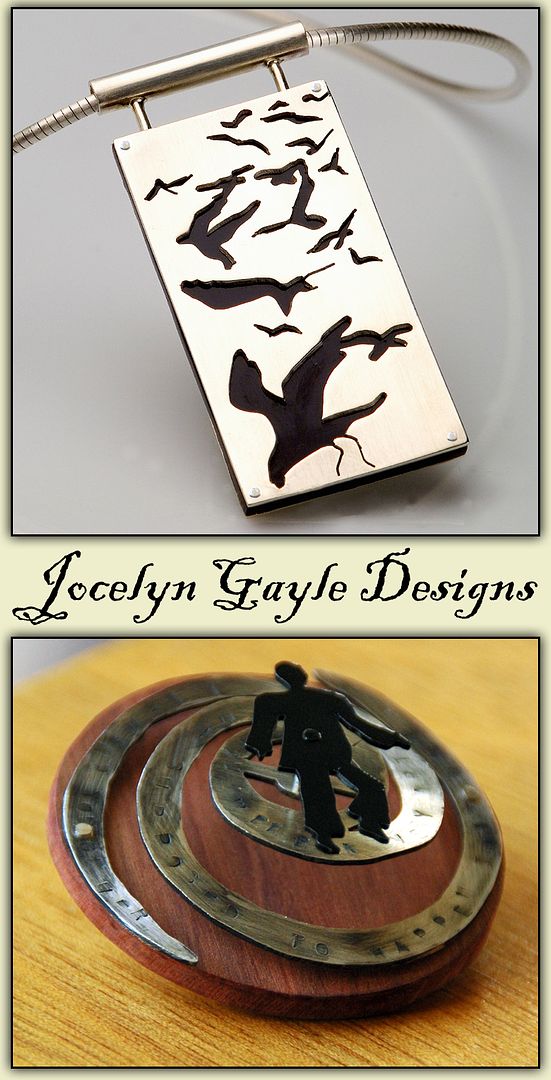
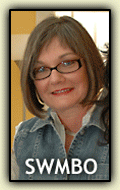


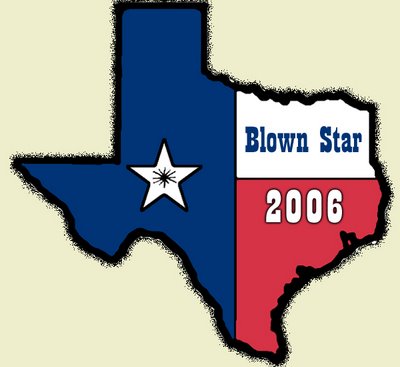





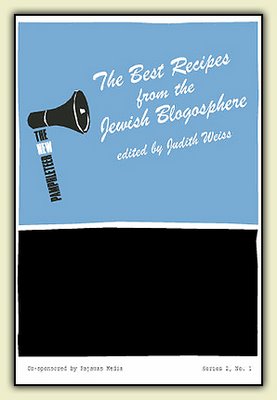


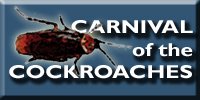



No comments:
Post a Comment